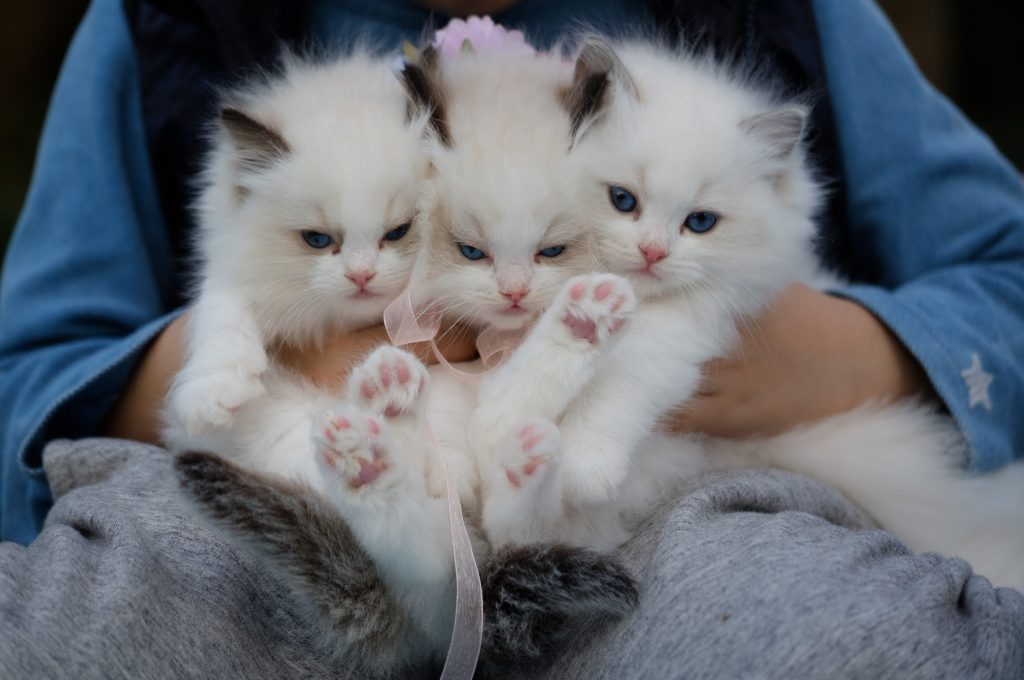Domestic cats are one of the most popular pets in the world, with millions of households owning at least one. But have you ever wondered about the history of these furry felines? From their wild ancestors to their current status as beloved companions, the history of domestic cats is a fascinating one.
The earliest known ancestor of the domestic cat is the African wildcat, which still roams the deserts of North Africa and the Middle East. These wildcats were attracted to human settlements because of the abundance of rodents, which they hunted for food. Over time, some of these wildcats became more comfortable around humans and began to live alongside them.
The first evidence of domesticated cats dates back to ancient Egypt, where they were revered as sacred animals. Cats were often depicted in Egyptian art and were even mummified alongside their owners. They were also used to control the rodent population in grain stores and other food storage areas.
From Egypt, domestic cats spread throughout the world. They were brought to Europe by the Romans and were eventually introduced to the Americas by European settlers. In many cultures, cats were considered good luck and were believed to have magical powers. In others, they were associated with witchcraft and were persecuted as a result.
During the Middle Ages, cats were often kept as pets by wealthy families. They were also used to control the rodent population in cities, which helped to prevent the spread of disease. However, during the Black Death in the 14th century, cats were blamed for the spread of the disease and were killed in large numbers.
It wasn’t until the 18th century that cats began to be kept as pets by the general population. With the rise of the middle class, more people were able to afford to keep pets, and cats became a popular choice. Today, domestic cats are one of the most popular pets in the world, with millions of households owning at least one.
Despite their popularity, domestic cats still retain many of their wild instincts. They are skilled hunters and are able to catch prey with ease. They are also highly independent and can be difficult to train. However, their affectionate nature and playful personalities make them beloved companions for millions of people around the world.
In conclusion, the history of domestic cats is a fascinating one. From their wild ancestors to their current status as beloved pets, cats have played an important role in human history. Whether they are worshipped as sacred animals or persecuted as witches, cats have always been a source of fascination and intrigue. Today, they continue to bring joy and companionship to millions of people around the world.

